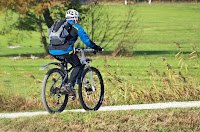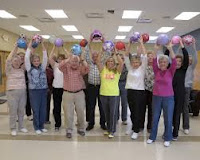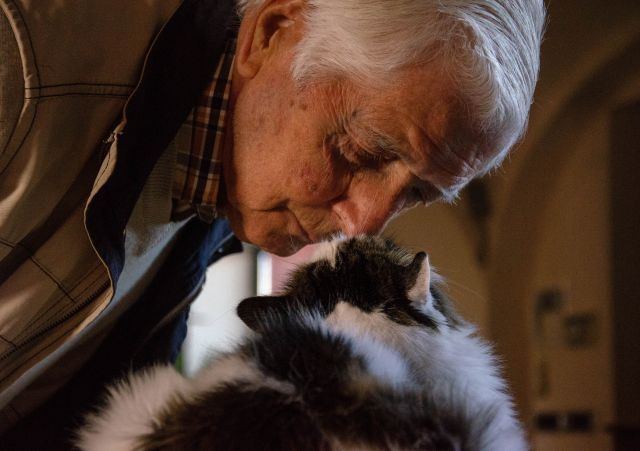
Why are Fat People at Risk for Memory Loss & Dementia?
Fat, middle aged people are 3.6 times as likely to develop memory loss and dementia. See the research that reveals why.

Fat, middle aged people are 3.6 times as likely to develop memory loss and dementia. See the research that reveals why.

Learn to take advantage of the many benefits in regular physical activity for people with Alzheimer’s. Keep those muscles, joints and heart in good shape, stay at a healthy weight; improve sleep.

VIDEO + ARTICLE: An award-winning director joins the nation’s largest independent registered investment advisory firm to film a documentary on clinical trials by diet guru

HEALTH: Yoga practice ‘expands the mind.’ Research shows this to be literally true: the volume of the hippocampus, involved with memory processing, increases with yoga

ACTIVITIES FOR ANY DAY – 6 HEALTHY TIPS to help you stay active with Alzheimer’s, along with physical activities to do.

HEALTH VIDEO & TRANSCRIPT: You can do some easy things to lower your risk of developing Alzheimer’s. See these tips from Medical Correspondent Dr. Manny

LIFESTYLE VIDEO + ARTICLE: Seven cardiovascular and brain health factors cited by top cardiologists have been linked to a lower risk of dementia. Read on

HEALTH: Want to lower your risk of developing Alzheimer’s? Researchers say the key is found in combining four or five specific healthy lifestyle behaviors. Find

GENES & EXERCISE: Want to lessen Alzheimer’s risk? Research shows that physical exercise is as powerful as getting rid of an Alzheimer’s gene. Get motivated

TED VIDEO + FREE BOOK + 13 EASY WORKOUTS: PEOPLE WITH MEMORY ISSUES EXPERIENCED slower degeneration in a brain region crucial for memory when exercising

Memory failing? New research shows you may need help, but not for dementia. Memory slips, stress and fatigue are growing in people with healthy memory.

Many diagnosed patients won’t qualify — here are the
7 medical criteria.

People worry about becoming forgetful. Is it the first sign of Alzheimer’s or just the passing years? After all, forgetfulness is a normal part of aging. Check out these quick ways to tell the difference.

The antidepressant drug citalopram, also sold under the brand names Celexa and Cipramil, significantly relieves agitation in Alzheimer’s. Learn about the benefits and side-effects.

Researchers in Florida find that robotic pet cats improve mood, behavior and cognition in older adults with mild to moderate dementia. Find out more.

Ketone-rich diets increase the SIRT3 protein that protects neurons from death during the progression of Alzheimer’s disease. But how does it work? Find out more.

Memory failing? New research shows you may need help, but not for dementia. Memory slips, stress and fatigue are growing in people with healthy memory.
No spam, only news and updates.


